The FBRC Attends The International Symposium on Biomedical Engineering (ISBE) 2023 with the theme “Empowering Multidisciplinary Partnerships for the Healthcare Products Industry and Services”
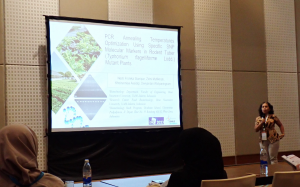
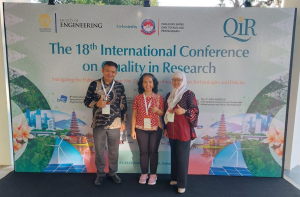
BALI – Dr. Nesti F. Sianipar, S.P., M.Si, Head of Food Biotechnology Research Center, Bina Nusantara University, was one of the presenters of scientific articles presented at The 8th International Symposium on Biomedical Engineering (ISBE) together with The 18th International Conference on Quality Research (QiR) 2023, at Hilton Nusa Dua, Bali, 23-25 October 2023. The conference is a place to meet researchers, practitioners, scientists, and students in Indonesia and abroad. They are competent in biomedical, biomaterials, molecular engineering, drug delivery and development, and clinical and healthcare management.
On this occasion, Dr. Nesti F. Sianipar, S.P., M.Si delivered a scientific article entitled “PCR Annealing Temperature Optimization Using Specific SNP Molecular Markers in Rodent Tuber (Typhonium flagelliforme Lodd.) Mutant Plants”. The other authors who contributed to the article are Khoirunnisa Assidqi, S.Pi. M.Si., Zidni Muflikhati, S.Si., and Dr. Dwiyantari Widyaningrum, S.Si. M.Si. The paper presented explains the role of SNP (Single Nucleotide Polymorphism) molecular markers in identifying lectin genes in the Bogor accession of rodent tuber mutant plants. SNP markers are co-dominant markers that detect dominant homozygotes, recessive homozygotes, or heterozygotes through a nucleotide difference. SNP molecular markers are specifically designed to detect certain target genes. From the research carried out, the optimal temperature for attaching PCR to the SNP marker used is obtained. This is to detect the allele position of the related gene. Seven lectin gene SNP primers developed from the Bogor accession of the rodent tuber plant genome were successfully used to create SNP molecular markers. This was done by optimizing the PCR annealing temperature. All mutant samples and the wild type were amplified with seven types of lectin gene SNP primers. PCR amplification of seven SNP primers derived from the mutant genome was successfully performed at 60°C. The presence of the 300 bp lectin gene was confirmed in all samples of rodent tuber mutants and wild type plants.
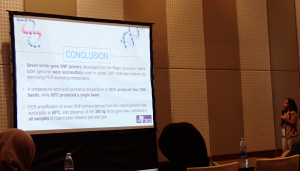
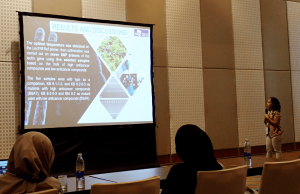
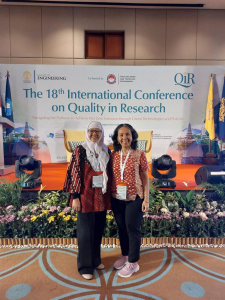

Comments :